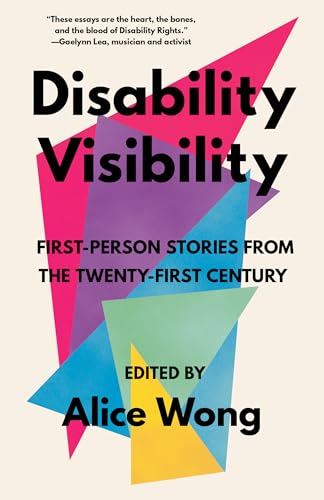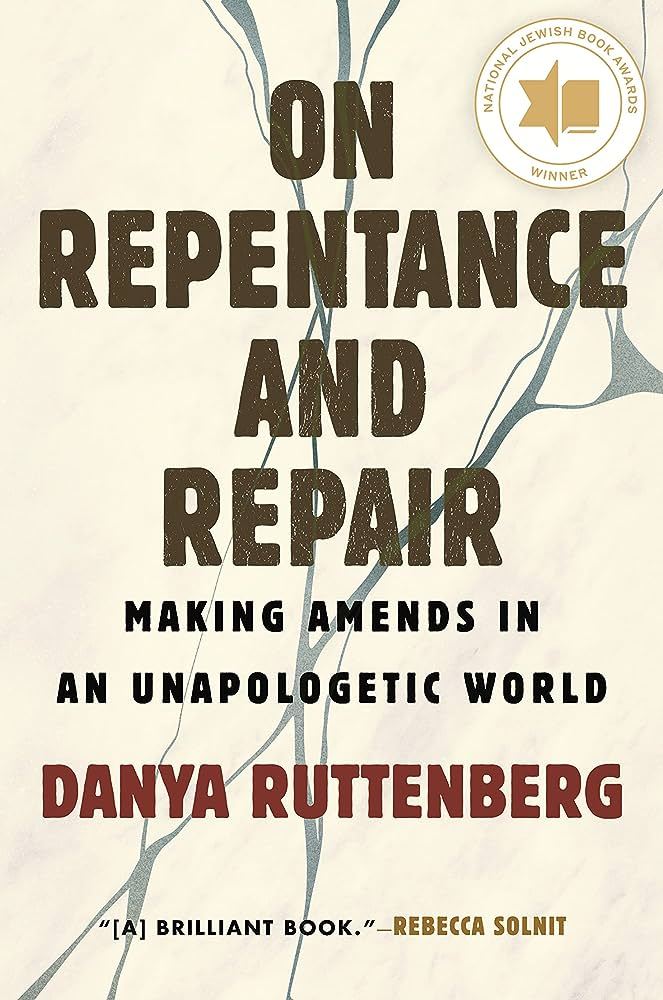Building covenantal relationships among Unitarian Universalist women that equip us all to be better co-conspirators and allies in the movement for collective liberation. |
monthly readsOur Monthly Reads meet-up allows an entry point into our priority issues and supports individuals looking to build on their understanding to be better allies and co-conspirators. Join us in experiencing some of the latest award-winning books, life-changing articles, and dazzling other media as we use these tools for justice. The UUWF Monthly Read meets via Zoom on the first Sunday of the month, unless it's a holiday, beginning at 4:30 p.m. Pacific / 5:30 p.m. Mountain / 6:30 p.m. Central / 7:30 p.m. Eastern. During our Monthly Read gatherings, we will:
The titles curated by the Unitarian Universalist Women's Federation encompass an array of perspectives, genres, and authors, ensuring a diverse and inclusive literary journey. Together, we can create a more just and equitable world. Monthly Reads are open to women, femmes, and gender-expansive folks. More information is available here. Questions? Contact us at uuwf@uuwf.org. |
April 7th
One in five people in the U.S. lives with a disability. Some disabilities are visible, others less apparent--but all are underrepresented in media and popular culture. Activist Alice Wong brings together this urgent, galvanizing collection of contemporary essays by disabled people, just in time for the thirtieth anniversary of the Americans with Disabilities Act. |
May 5thCallie Chamberlain is a birth doula and a death doula, helping people navigate both the process that brings new life into the world, and the ways we pass beyond it. As one of Minnesota’s 15,000 Korean adoptees, she’s also had to navigate her own issues of rebirth, loss, and passing into new worlds.Most of the 200,000 Korean adoptees worldwide, and many adoptees generally, don’t know their full birth stories. Some may know partial stories, half truths, or in some cases, stories that are discovered later to contain significant fictions, as Callie did. So Callie set out to learn her story—and not just the story of her own adoption, but the story of how it shaped other parts of her life. Sun Yung Shin writes, "A Story of Wholeness — Part One: What is Lost & Part Two: What is Gained." |
June 2ndAmerican culture focuses on letting go of grudges and redemption narratives instead of the perpetrator's obligations or recompense for harmed parties. As survivor communities have pointed out, these emphases have too often only caused more harm. But Danya Ruttenberg knew there was a better model, rooted in the work of the medieval philosopher Maimonides. For Maimonides, upon whose work Ruttenberg elaborates, forgiveness is much less important than the repair work to which the person who caused harm is obligated. The word traditionally translated as repentance really means something more like return, and in this book, returning is a restoration, as much as is possible, to the victim, and, for the perpetrator of harm, a coming back, in humility and intentionality, to behaving as the person we might like to believe we are. UUWF is excited to join in on the UUA Common Read. To learn more, visit uua.org/read.
|
Unitarian Universalist Women's Federation is a 501(c)3 non-profit organization.



